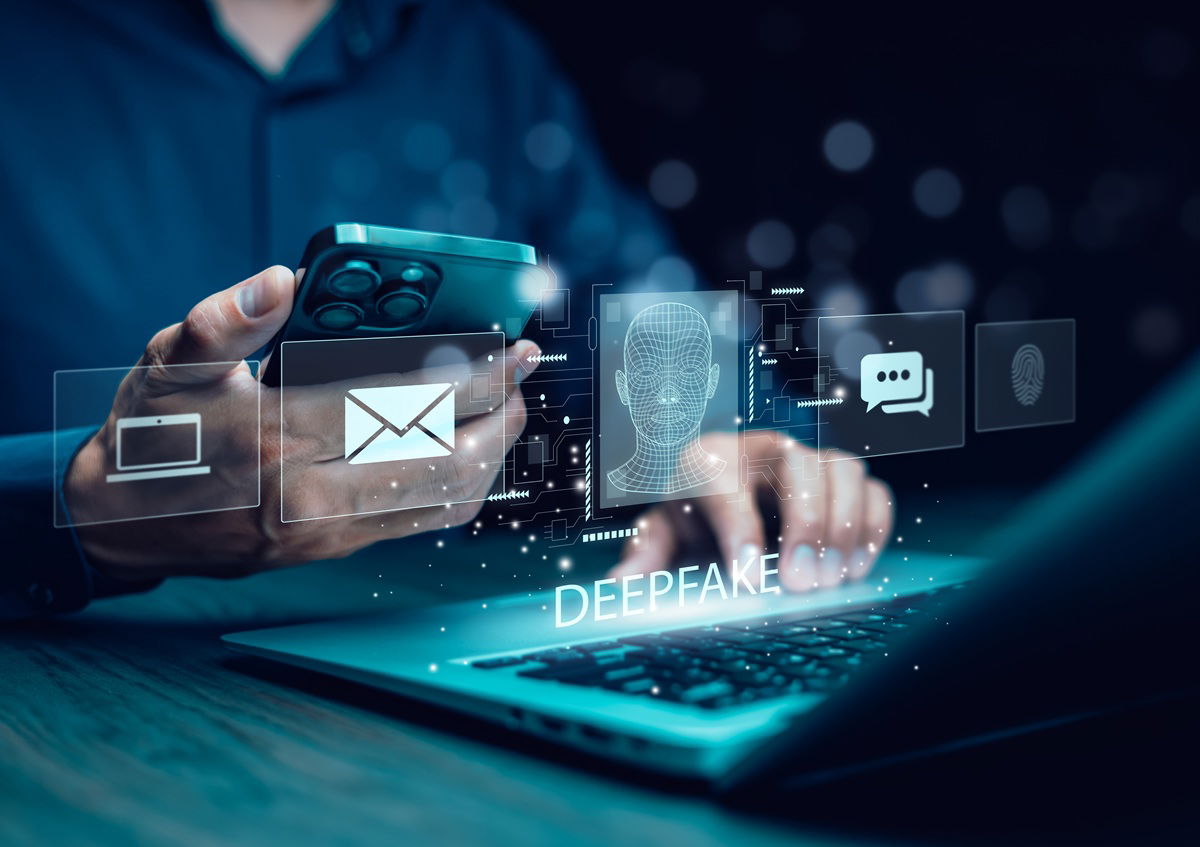Deepfake dangers online. Denmark is moving to ban digital manipulations that can spread fake images, audio, or video, aiming to protect citizens from AI-driven misinformation.
Credit : Tapati Rinchumrus, Shutterstock
Could new danish laws lead the way in tackling fake images online?
Denmark’s push for deepfake crackdown
Denmark is setting the pace in the global fight against fake news and digital manipulation, with plans to introduce tough new laws to outlaw the sharing of so-called “deepfake” images. These aren’t your average Photoshop tricks—deepfakes use artificial intelligence to create eerily convincing photos, videos, and even audio, making it look like someone said or did something they never actually did. In recent years, public figures from Taylor Swift to the Pope have all found themselves at the centre of viral deepfake scandals.
What’s at stake with Deepfake misinformation?
The Danish government’s proposal, which enjoys cross-party support in parliament, comes amid mounting fears that deepfakes could make it impossible to know what’s real on the internet. As AI tools get smarter, the difference between a genuine video and a manufactured one is getting harder to spot, not just for experts, but for anyone scrolling through their feed.
Most Read on Euro Weekly News
Culture Minister Jakob Engel-Schmidt put it bluntly: “It’s high time we create a safeguard against the spread of misinformation and send a clear signal to the tech giants.” The new law is set to make it illegal to share or distribute deepfake content or any other digital forgeries of someone’s personal likeness—whether that’s their face, their voice, or both.
But don’t worry, the Danes have left room for a bit of fun. Parodies and satire are still expected to be allowed, though exactly where the line will be drawn isn’t entirely clear yet.
How do other countries handle deepfakes?
Deepfake regulation isn’t just a Danish concern—governments around the world are scrambling to respond. In the US, new legislation now makes it a crime to knowingly publish or threaten to share intimate images (including deepfakes) without consent. South Korea has rolled out tougher penalties, especially for “deepfake porn”, with extra rules for social media platforms.
But Denmark’s plan is among the broadest yet. While most countries have so far only targeted sexually explicit deepfakes, the Danish model covers any manipulated digital likeness, recognising just how powerful (and potentially dangerous) these new tools can be.
Why deepfakes matter for online safety
Supporters of the law warn that, as deepfakes become more convincing, it won’t just be celebrities or politicians at risk—anyone could find themselves the victim of a viral fake. And it’s not just about embarrassment. Manipulated videos and images can plant seeds of doubt in the public’s mind, changing the way people remember events and even influencing elections.
As the Danish Culture Ministry put it: “Digitally manipulated versions of an image or video can create fundamental doubts about—and perhaps even a completely wrong perception of—what are genuine depictions of reality. The agreement is therefore intended to ensure the right to one’s own body and voice.”
What’s next for Deepfake legislation in Denmark?
The proposal isn’t expected to come with criminal penalties—no one’s going to jail or getting fined under the new rules, though compensation could be possible in some cases. The new law is set to be put before parliament this summer, with hopes of passing it by the end of 2025 or early 2026. It will, of course, need to comply with Denmark’s EU obligations and international law.
With Denmark leading the way, other European countries will be watching closely. As technology evolves and the line between real and fake blurs, the debate over deepfakes—and how to stop them—will only get hotter.
Stay tuned with Euro Weekly News for more news from Denmark
